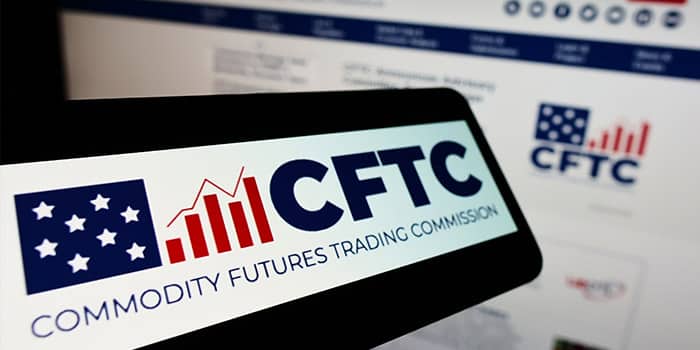FinCEN Loosens Regulations Concerning Casino ID Verification

The Financial Crimes Enforcement Network (FinCEN) of the US Treasury Department is bringing good news to casino customers as it loosens the regulations concerning ID verification. On Wednesday, FinCEN stated that the use of non-documentary means in order to ID their visitors will be permitted.
Before this new regulation, casino staff were required to inspect valid identity documents, such as passports and driver’s licenses, before they could open accounts for their customers, extend credits or accept funds. That will no longer be the case, in certain circumstances.
A Variety of Methods Can Be Used to Verify the Identity of a Patron
With the latest changes, most casinos will be able to accept more methods, some of which include checking details of third-party consumer agencies, financial institutions and public databases. As FinCEN indicates, staff can verify a patron’s identity via knowledge-based authentication, in which they communicate with the individual and compare their answers with the data points of the provided verification document.
This new form of regulation is a reflection of the US gaming reality at the moment, as many players are resorting to playing at online casinos, which use this type of technology. Thanks to the massive expansion of this industry, many experts believe that now is the perfect time to launch a US online casino.
FinCEN Consulted With Industry Stakeholders Before Loosening Regulations
The main task of FinCEN is to collect and analyze information connected to financial transactions and thus, leads the fight against terrorist financing, money laundering, and other related financial crimes.
Since casinos deal with a lot of financial transactions, they are used to tightening, rather than relaxing, rules due to anti-money laundering controls. FinCEN stated that the regulatory relief has been implemented after it was discussed with numerous industry stakeholders. The discussion helped them realize that third-party service providers and new technologies can offer more reliable identity verification methods of an online casino player than the documented methods that were used up until this point.
FinCEN acknowledged the fact that the rules concerning original verification documents, as well as in-person verification, reflected the technological restraints from that time; however, technology has progressed and it is time to move forward.
It did issue a warning to operators, though, that third-party services must be vetted and had a follow-up warning by saying that the new system is likely to be challenging at the start. FinCEN stated that establishing the verification of customers by using non-documentary methods may be more reliable than reviewing documents. At the same time, the new process opens up possibilities of suspicious activities, such as fraud, account takeover, identity theft and providing false information.
Moreover, it added that since some US states have stricter requirements concerning the verification, new federal rules “do not displace state law.”
Since 1985, the Bank Secretary Act has defined casinos as financial institutions. That is why these facilities must file Currency Transaction Reports (CTRs) on all alone and/or aggregated currency transactions over $10,000 per day.
Additionally, if they see any type of behavior that may indicate money laundering or any other related crimes, they are required to file a Suspicious Activity Report (SAR). A good example of this is a patron that gambles minimally, but exchanges significant amounts of cash for chips.
Filip Mishevski has been covering online gambling and cryptocurrencies for the past decade. He has written countless articles, how-to-guides, insights and news, and is keen on sharing his extensive knowledge in the aforementioned fields. He’s very passionate about soccer and MMA and is interested in how the online gambling industry will shape our future and thus, influence our lives.
















